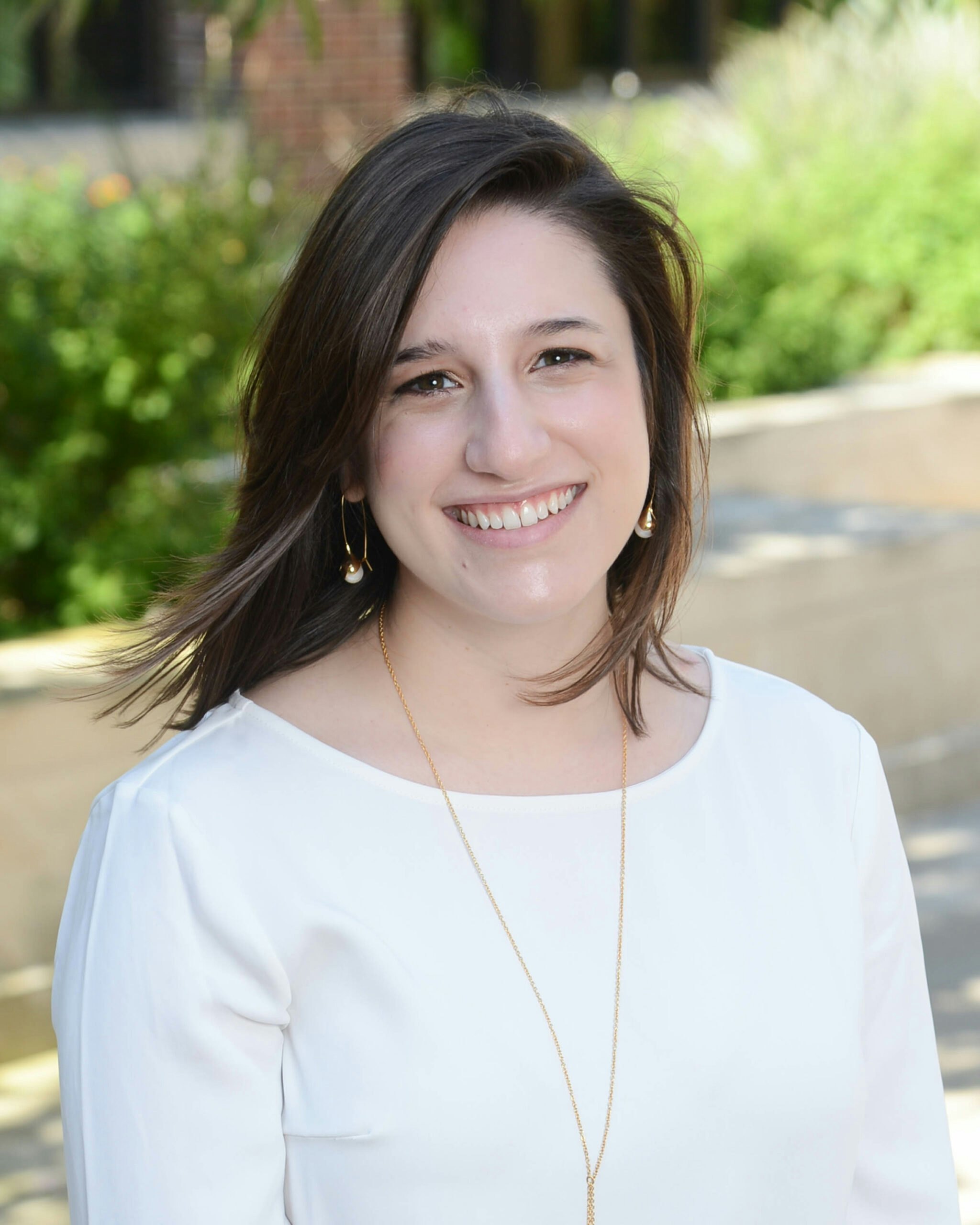Liberty and Leadership alumna finds inspiration and strength from the protesters of the 8888 Uprising.
August 2017 marks the 29th anniversary of one of the most important chapters in the history of Burma (also known as Myanmar). In 1962, the country was taken over by military dictatorship and suffered for decades from authoritarian government. Years of oppression and opposition all led to the eventful protest that started on 8/8/1988—now known as the 8888 Uprising.
On Aug. 8, 1988, student protestors gathered in the streets of Rangoon, then the country’s capital, and surrounding towns and cities. They were soon joined by local residents singing Burma’s national anthem and peacefully demonstrating for freedom, human rights, and democratic government. The demonstrations that day have been described as almost joyful, without violence. But, at midnight that changed when the military opened fire on these peaceful demonstrators.
Despite these acts of violence, residents kept pouring into the streets and demanding their rights. Over several weeks, the protests grew in number, politics became more heightened, and the violence grew. By the end of the 8888 Uprising in September, more than 3,000 people had been killed and many were missing.
Today, Burma is transitioning to democracy under its first civilian-led government in more than half a century. Myanmar’s military still controls powerful ministries in the government and holds 25 percent of parliamentary seats. Peace is still elusive in some parts of the country due to decades of civil war. Society has liberalized significantly but human rights challenges remain.
In a recent article by The Irrawaddy titled The Women of 1988, Liberty and Leadership 2015 alumna Phyoe Phyoe Aung shares what an inspiration the women of the 88 generation protests are. She highlights how their political activism inspired her to become a leader in the country’s pro-democracy movement.
Phyoe Phyoe Aung joined the All Burma Federation of Student Unions (ABFSU) in 2007 and participated in the Saffron Revolution. In June 2008, after Cyclone Nargis hit the Irrawaddy Delta region, she was arrested for re-establishing ABFSU and helping the 88 Generation Students in the area. She was released after 3 years and 4 months in Mawlamyine Prison.
In 2015, Phyoe Phyoe Aung was again arrested in Burma for protesting a National Education Law. She was demanding greater transparency, accountability and government investment in the country’s education system. She was released from jail in April 2016.
Today, she contributes her time to a youth capacity building school called the “Wings Institute,” cofounded by ABFSU colleagues. Her work focuses on peace building and reconciliation, and discussions of federalism and transitional justice.






























